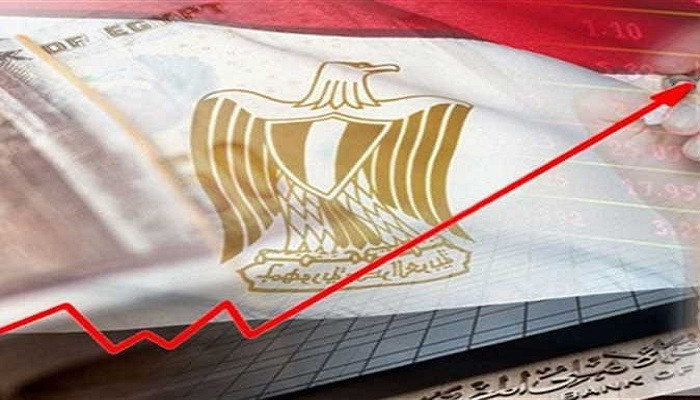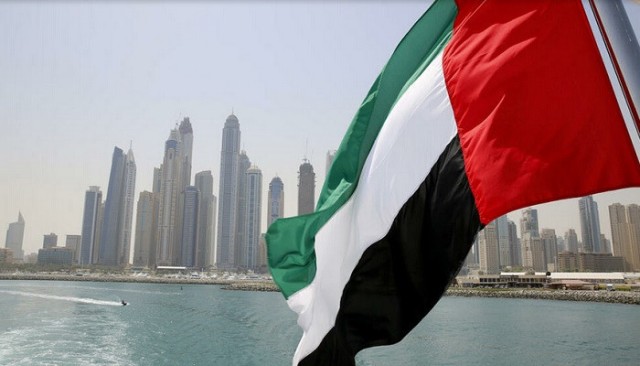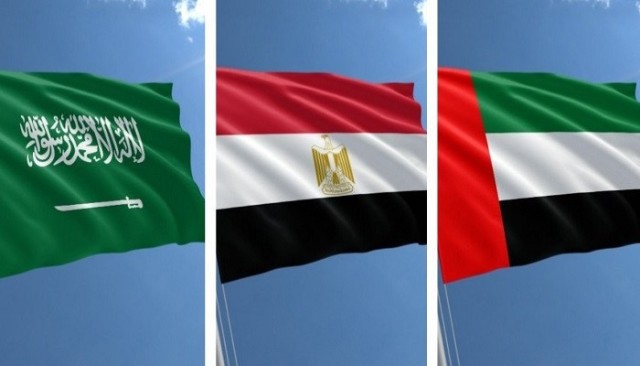The main PMI in Egypt rose from 45.2 points in June, its lowest level in two years, to 46.4 points last July.
The index remained well below the neutral level of 50 points, indicating deteriorating business conditions.
The Egyptian non-oil producing companies continued to record a decline in new purchase orders at the beginning of the third quarter, while the rate of deflation decreased since June, but it remained sharp, as the rise in prices affected customers' spending.
The decline included the manufacturing, construction, wholesale and retail, and services sectors.
As a result of the decline in purchase orders, companies reduced their production levels further, with the slowdown eased slightly from June, but it remained sharp overall.
The companies surveyed indicated that the shortage of raw materials has limited their carrying capacity, and as a result, the backlog increased slightly for the second month in a row.
The report showed signs that inflation has begun to decline, after the percentage of companies that reported an increase in production input costs in July decreased by 29% compared to June, when the inflation rate recorded its highest level in four years.
To respond to this situation, companies raised selling prices at a much slower pace, but the rate of price inflation remained the second rate since July 2018.









































